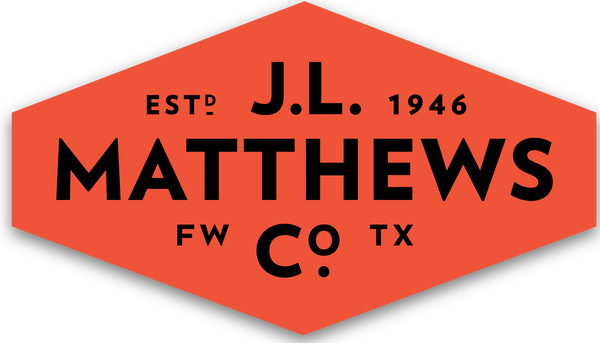
The use of knives in the powerline industry- Written By: Curtis Bradley
When you think or hear the word knife, your brain may subconsciously think about cutting a sandwich in half or cutting a turkey around Thanksgiving. But I would like to further your imagination as it relates to knives. For the audience who may not be aware, knives are used every day within the powerline industry. They come in several different types, shapes, and lengths and are used for different applications. In this review, I would like to introduce you to some of the knives our line workers use each day.
Real Lineworker Scenario.
An apprentice Lineworker receives a call at 2:00 pm in the morning. The operator states that we have a tree that fell and has broken a 30ft secondary pole. The apprentice arrives at the show-up and meets the rest of his crew. They load up material and poles and arrive on the scene and start to cone off trucks in the street. The foreman gets an emergency locate for the area and conducts a job safety briefing before work starts. The foreman splits up the work task and has a couple of crew members pulling the stub pole and setting the new one with the Digger Derrick Truck. The other crew members walk the right-of-way inspecting and splicing the 1/0 alt secondary wire back together. At this point, the lineman teaches the new apprentice how to splice the secondary wire back together and instructs him to make sure the splices are seated properly. The apprentice was issued a Klein Cable-Splicer knife and a tan leather pouch during his new hire orientation. Unfortunately, the apprentice forgot his knife and therefore could not strip out the black insulation of the two hot legs of the secondary service. So, the lineman stresses the importance of always having his skinning knife available and asks the apprentice to walk back to the truck to get his fixed blade knife out of the tool bend. This is just one example of why knives are important in the industry and should be utilized in a safe way. Please follow your company policies and procedures referring to the type of knife to be used and how to use it.
Here is a list of my top three favorite knives to use while working on the crew.

This was my first knife issued to me starting in the powerline industry. The reason why I like this knife is that it is lightweight and durable. The blade holds up to all the strenuous use removing insulation on the wire, cutting rope, and other Lineworker usages. The knife sharpens well, but once dull you better have a knife sharpener close. This knife is great to use with leather work gloves or Class 0 secondary gloves. Overall great knife!!!

A knife that has been around since the start of line work. This knife is a tried-and-true personal favorite. This knife was always a backup knife and never left my climbing gear bag or the pullout tool drawer of the bucket truck. A great knife to use for skinning wire, cutting rope, or plastic tie-downs securing transformers on pallets. The configuration of the knife made it easy to handle with leather and Class 0 rubber gloves. Another great characteristic of this knife is its ability to fold and be placed in your pocket, making it easy to take with you anywhere.

In my opinion, one of the best bucket knives on the market. This knife feels great while using primary rubber or leather gloves. The blade holds its sharpness while the handle fits securely in your hand. The snap ring is sized perfectly to fit any tool board or hanging tool rack. If you are a troubleshooter that has a lot of secondaries to make up or a lineworker who must strip out a lot of #6 insulated Cridder wire or a lot of services on a transformer pole, this is the knife for you.
Fixed blade knife vs folded blade knife
Advantages of Fixed Blades
- Fixed blade knives are also stronger than folding knives because they have more solid construction.
- They are easier to maintain because they have fewer moving parts.
- Heavier in weight and size giving the user more control.
- You never have to worry about leaving it in your pants and accidentally getting washed in the washing machine.
Disadvantages
- The fixed blade is always exposed unless covered with a knife leather pouch.
- Depending on the work situation the knife may be too big for use while stripping out energized secondary conductors
Advantages of a Folded Blade
- Can be taken anywhere, you can use it in the bucket or working the ground.
- The light weight of the knife reduces fatigue while using the knife.
- Depending on the size of the knife and the hand size of the user. It may be challenging to hold when stripping the insulation from the wire.
Disadvantages of a Folding Blade.
- Very easy to lose
- If not properly closed, the blade could accidentally open causing injury to the user.
- Unfortunately, it will get left in your pocket from time to time and get washed causing a lot of racket in the washing machine.
Written by: Curtis Bradley
LinkedIn: https://www.linkedin.com/in/curtis-bradley-jr-bs-cusp-0b3278173/
Instagram: https://www.instagram.com/cebradle/
Tik Tok: https://www.tiktok.com/@curtis_brad
